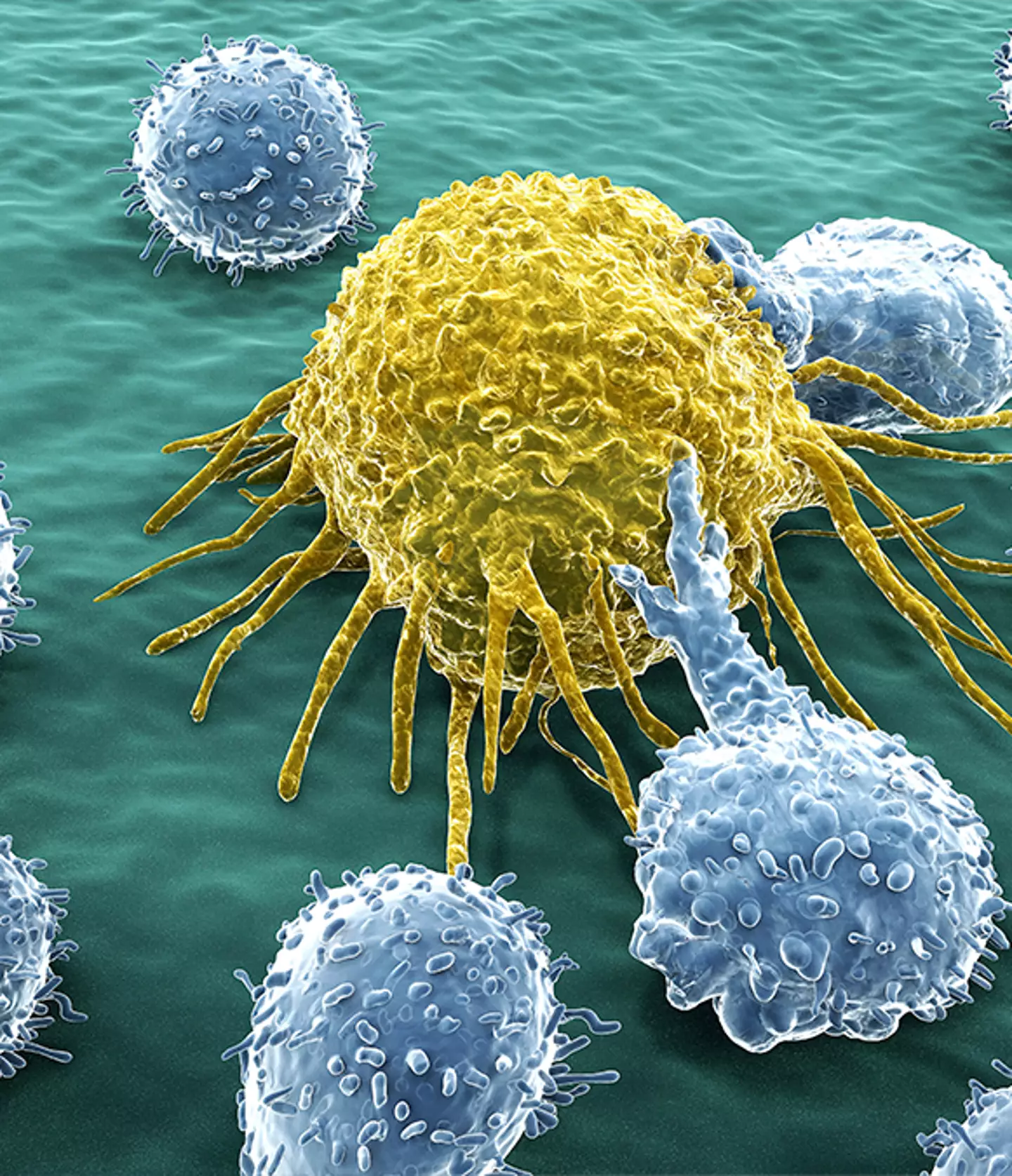
Scientists have discovered a major breakthrough in cancer treatments by getting tumours to turn against themselves in a new proof-of-concept study.
The problem with current cancer treatments is that some cancer cells can adapt and become resistant, making the treatments less effective over time.
But in a new study, scientists at Pennsylvania State University have managed to 'hack' the evolution of these cancer cells and ultimately, make them more vulnerable to therapy.
'There's all this time and effort and energy and money and heartbreaks put into finding drugs that are going to be effective against the next version of the tumour,' said Scott Leighow, the lead study author and a bioengineer at Pennsylvania State University.
Advert
But 'no matter how good they are, they're not durable in the long term.'

Justin Pritchard, senior study author and a biomedical engineer at Pennsylvania State University, added: 'The challenge with a lot of these advanced tumours is that we just don't have a lot of good targets to make drugs against.
'There's not always a second drug that works as well [and] through a totally independent mechanism of action.'
The researchers discovered a way to edit cancer cells by adding two special 'switches.' The first switch causes the modified cancer cells to grow faster than the rest. Then, the second switch allows these cells to release a toxic drug that kills the surrounding tumour cells.
They first tested the idea in lab dishes with non-small cell lung cancer (NSCLC), the most common type of lung cancer.
One gene controls the activation of epidermal growth factor receptor (EGFR) with the help of a cancer drug called erlotinib.
However, these cells usually become resistant to a drug called erlotinib after about a year.

Scientists used 'suicide genes' to reverse the drug's usual action, making cells resistant to the drug on purpose. This enables them to switch the proliferation of these cells on and off.
The scientists introduced the two switches into the cancer cells and then treated them with erlotinib. They found that modified cells outgrew the resistant ones. But without erlotinib, the modified cells stopped growing.
Next, they activated the second switch using a harmless molecule, called 5-FC which turned into a toxin and killed both the modified and nearby cancer cells. They called this method a 'dual switch selection gene drive.'
In lab mice, the approach was found to shrink tumours to zero within 80 days.
'This is innovative, certainly,' said Aaron Goldman, a cancer pharmacologist at the Brigham and Women's Hospital who was not involved in the study. 'I've not seen anything like this.'
Goldman believes this new technique is novel, but 'it does not address resistance generally.' Instead, 'it certainly addresses a mechanism of resistance — one of many, many.'
The therapy could be even better if combined with other treatments that prevent cancer cells from becoming resistant in the first place.